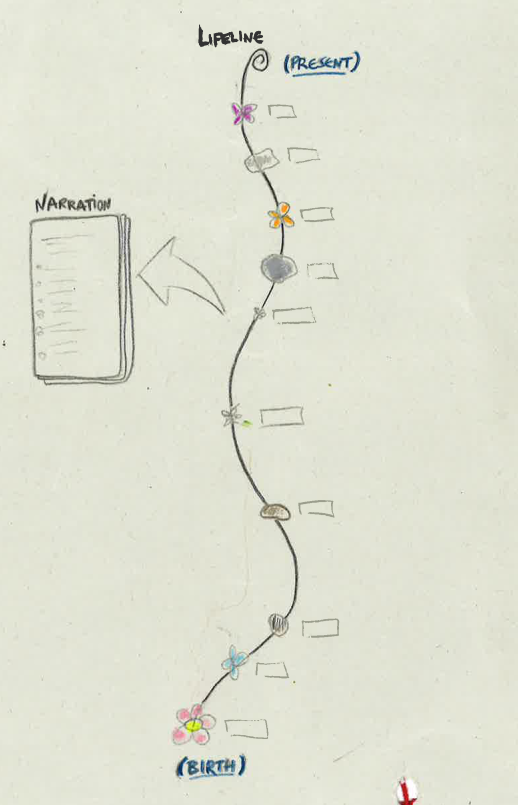Narrative Exposure Therapy on:
[Wikipedia]
[Google]
[Amazon]
Narrative Exposure Therapy (NET) is a short-term 
www.net-institute.org
* Psychotherapy by type Stress-related disorders
psychotherapy
Psychotherapy (also psychological therapy, talk therapy, or talking therapy) is the use of Psychology, psychological methods, particularly when based on regular Conversation, personal interaction, to help a person change behavior, increase hap ...
used for the treatment of post-traumatic stress disorder
Post-traumatic stress disorder (PTSD) is a mental disorder that develops from experiencing a Psychological trauma, traumatic event, such as sexual assault, domestic violence, child abuse, warfare and its associated traumas, natural disaster ...
and other trauma-related mental disorders. It creates a written account of the traumatic experiences of a patient or group of patients, with the aim of recapturing self-respect and acknowledging the patient's value. NET is an individual treatment, NETfacts is a format for communities.
NET was created in Germany in the early 2000s.

Key elements
Lifeline
NET is conducted around the use of the lifeline, which serves as a reference point for both the therapist and the patient during the therapy. Creating a lifeline occurs during the first session A lifeline is a physical representation of one's life; therefore, different symbols are used to reconstitute the patient's lifeline, especially flowers and stones. Flowers represent good/positive events, whereas stones represent the bad/negative events of the patient's life. Symbols' size, shape, and color may also be used to indicate events with greater or lesser intensity or significance. It is up to the patient to decide on placing and choosing these symbols to reconstitute their lifeline. The largest stones are then chosen to be dealt with since they represent the greatest traumas the patient needs to reprocess or overcome. Building a lifeline can also help strengthen the therapeutic relationship and create an estimation of the number of sessions a patient may need.Narration
Narrations are a product of the therapy. In the end of a therapy, the narration is read and given to the patient. It is supposed to be a representative summary of the patient's life, even including some details. Narrations are expected to be taken by the patient to help them overcome their trauma and mental problems. Narrations are helpful for the patient to re-process their memories of the past, particularly the trauma, and reorganize their thoughts; which should ultimately reduce the recurrence of bad memories that are responsible for the suffering of to the patient.Adaptations
* NET: aimed at a general public * KidNET: aimed at children and adolescents * FORNET: aimed at perpetratorsEfficacy
Studies have shown NET to reduce symptoms of post-traumatic stress disorder and depression, but few comparisons have been made to other available treatments. It is conditionally recommended for treatment of PTSD by theAmerican Psychological Association
The American Psychological Association (APA) is the main professional organization of psychologists in the United States, and the largest psychological association in the world. It has over 170,000 members, including scientists, educators, clin ...
.
See also
* Cognitive behavioral therapy *Psychological trauma
Psychological trauma (also known as mental trauma, psychiatric trauma, emotional damage, or psychotrauma) is an emotional response caused by severe distressing events, such as Major trauma, bodily injury, Sexual assault, sexual violence, or ot ...
* Exposure therapy
References cited
External links
* {{cite web , title = Narrative Exposure Therapy (NET) , url = https://www.vivo.org/en/narrative-expositionstherapie/ , work = vivo international * Narrative Exposure Therapy NET Training Seminars, NET The Institutwww.net-institute.org
* Psychotherapy by type Stress-related disorders